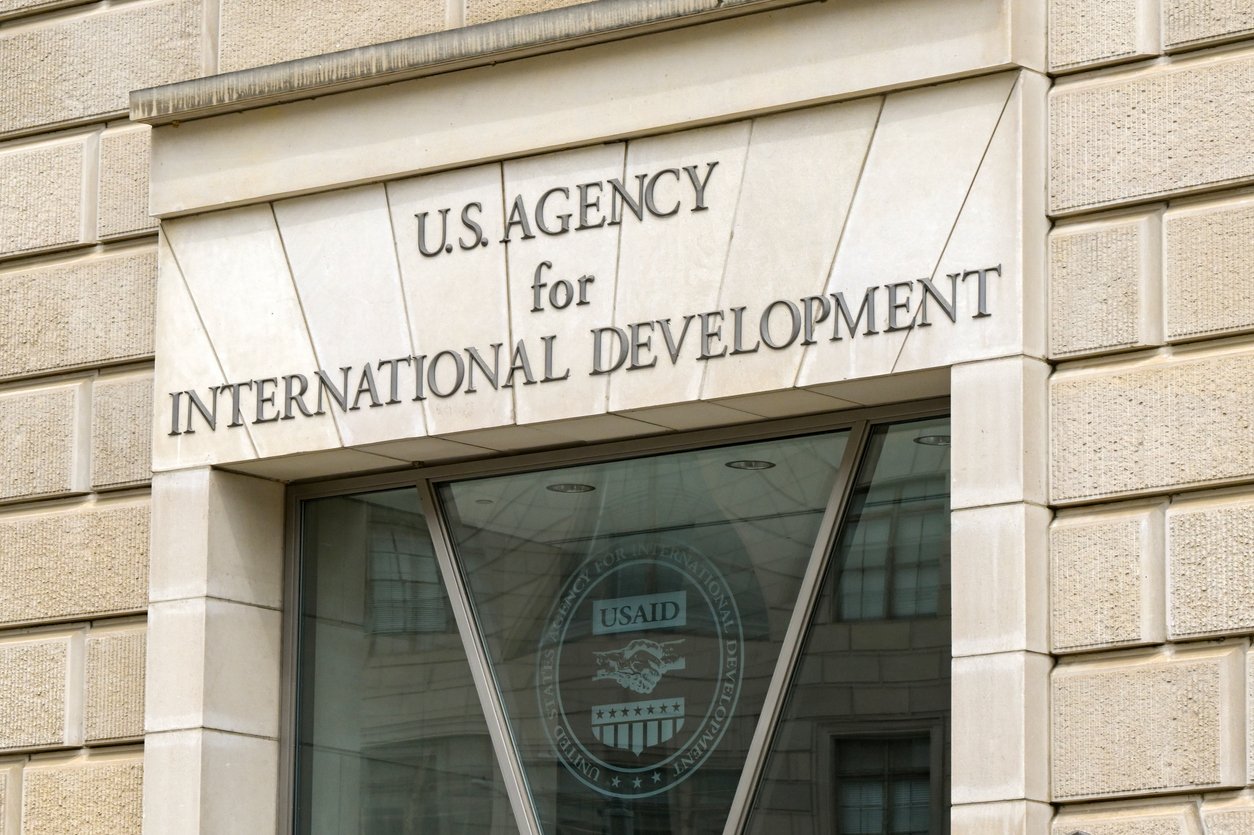Bearing in mind the challenges that Corporate Volunteering faces, when I have to address this issue my thoughts enter a circuit of often conflicting reflections.
The first is the undeniable potential for impact, demonstrated by various examples, both inside and outside the country, which Pista Mágica has witnessed, much due to the support it has given them. These are the yardsticks by which we should be guided when we talk about this subject. These are the good practices that should guide us on the way forward.
The second is the not-so-good examples - which also give us clues as to what not to do - when no clear purpose is defined when setting up the corporate volunteering programme.
That's why good strategic planning is crucial. It's a process that feeds into the purpose of the volunteer programme, branching out into results to be achieved through activities that are ordered in a timetable.
And for that you have to invest time and money. You can't continue with the fallacy of assuming that there will be no costs because it's a volunteering programme. The maxim "No investment, no return" also applies outside the sphere of business. Of course, in volunteering the return won't be financial, it will be in terms of impact (social, environmental, property, among many others). However, I regret to say that I still see a somewhat uncompromising attitude in this area, which focuses more on what the company can gain from volunteering and not so much on the impact of its actions. So it's not surprising that it materialises in occasional volunteering activities as part of its wider social responsibility strategy and often geared towards feeding its good reputation, which is why it often falls under the remit of the Marketing/Communications department.
"I regret to say that I still see a somewhat uncompromising attitude in this area, which focuses more on what the company can gain from volunteering and not so much on the impact of its actions."
I'll never forget the testimony of the CEO of a civil society organisation who, at the end of a 36-hour volunteer management course, thanked me for helping her make peace with volunteering. I thanked her for her kind words and asked her why she was so "angry". In an outburst, she told me how negatively the corporate volunteering activities at the organisation she leads had affected her. Taking in young people at risk, the delicacy of volunteer management is greater. She felt enormous pressure to please the company and it was very difficult to find a balance with the needs and day-to-day life of the organisation and its beneficiaries. The wear and tear caused by the experience has conditioned her opinion of volunteering in general - and not just corporate volunteering.
Is a corporate volunteering programme balanced when the weight of the benefits to the company is greater than that of the beneficiaries of the volunteering programme? Not from my perspective. It's neither balanced nor ethical.
Good practices are distinguished by the desire to do things right from the start, investing the necessary time in planning, with the real purpose of creating an impact in the area(s) of activity they define as a priority - both internally (the company) and externally (the beneficiaries of the volunteer programme).
The virtue I value most in the success stories I've observed is the humility of wanting to know more, of overcoming, in a logic of continuous improvement. Curiously, this attitude is often found in companies that already have a mature volunteer programme. This is the case of a prestigious international consultancy firm, which recently asked for our support in creating a course that will be promoted in the more than 50 countries where it works, through its corporate volunteering programme.
"The virtue I value most in the success stories I've observed is the humility of wanting to know more, of overcoming, in a logic of continuous improvement."
We would also highlight the case of a Portuguese foundation associated with a large business group that recently sought out Pista Mágica's know-how to boost its volunteer programmes by better preparing its team to train volunteers in Portugal.
As with any project we want to make a reality, if there isn't a clear purpose, we certainly won't achieve the expected results. Why do we want to set up a volunteer programme in our company? For what purpose? Define that with total clarity and the rest of the process will flow much better. Volunteering has a special magic that naturally gives all those involved a greater purpose than the project: a purpose in life!



